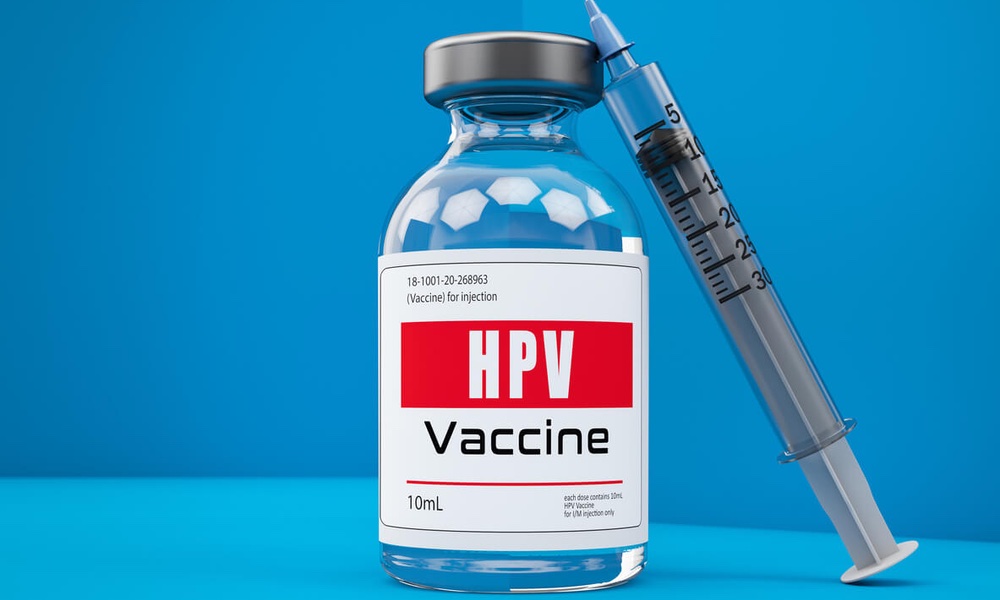While recent studies have suggested that there may not be much, or any, nutritional advantage for organic foods, their other benefits – like the lack of harmful pesticides – may be even more important to health. The American Academy of Pediatrics (AAP) has weighed in on the organic food issue: They conclude that organic fruits and veggies may be better for kids’ developing brains, since they are free of many chemicals that can affect neurodevelopment.
The AAP conducted a large review of the differences between organic and conventionally grown foods, including meats, produce, and dairy products. They found that there was no difference in the nutritional makeup of the foods: That is, organic foods have about the same amounts of vitamins, minerals, proteins and antioxidants as their conventionally grown counterparts.
The AAP acknowledges that organic foods can be more expensive, but they urge families not to eat smaller quantities of organic fruits and vegetables in an effort to be healthier. More fruits and veggies are always better than fewer.
But the larger difference was what’s added to foods from the outside: Organic foods have lower pesticide levels than conventional produce. And foods with less pesticide exposure could be especially important for the developing brain, which is particularly susceptible to the compounds it comes into contact with. Additionally, organic meats do not have the same routine exposure to antibiotics, which the authors say could reduce the likelihood for antibiotic-resistant diseases in people.
There’s been much concern recently over other types of chemicals – namely, additives like BPA, which have been shown to affect certain aspects of child development. For this reason, the FDA has banned their addition to products like sippy cups and baby bottles, though the chemical is still found in many other products, from water bottles and soup cans to receipt paper. But just as important as the chemicals in food containers are the chemicals we add to the foods themselves.
The AAP acknowledges that organic foods can be more expensive, but they urge families not to eat smaller quantities of organic fruits and vegetables in an effort to be healthier. More fruits and veggies are always better than fewer. "What's most important is that children eat a healthy diet rich in fruits, vegetables, whole grains, and low-fat or fat-free dairy products, whether those are conventional or organic foods. This type of diet has proven health benefits," said study author Janet Silverstein.
If you are interested in buying some organic foods, it may be best to start with foods like root vegetables (carrots and potatoes), whose exposure to the chemicals may be greater since they have direct contact with the soil. But as the authors suggest, eating a diet rich in fruits and veggies is always a smart choice, since these diets have known benefits. We’ll certainly keep our radar up for new studies on the organic food issue as they’re published. For more information, please visit the Environmental Working Group’s Shopper’s Guide.
The study was carried out by members of the AAP, and published the AAP journal Pediatrics.




